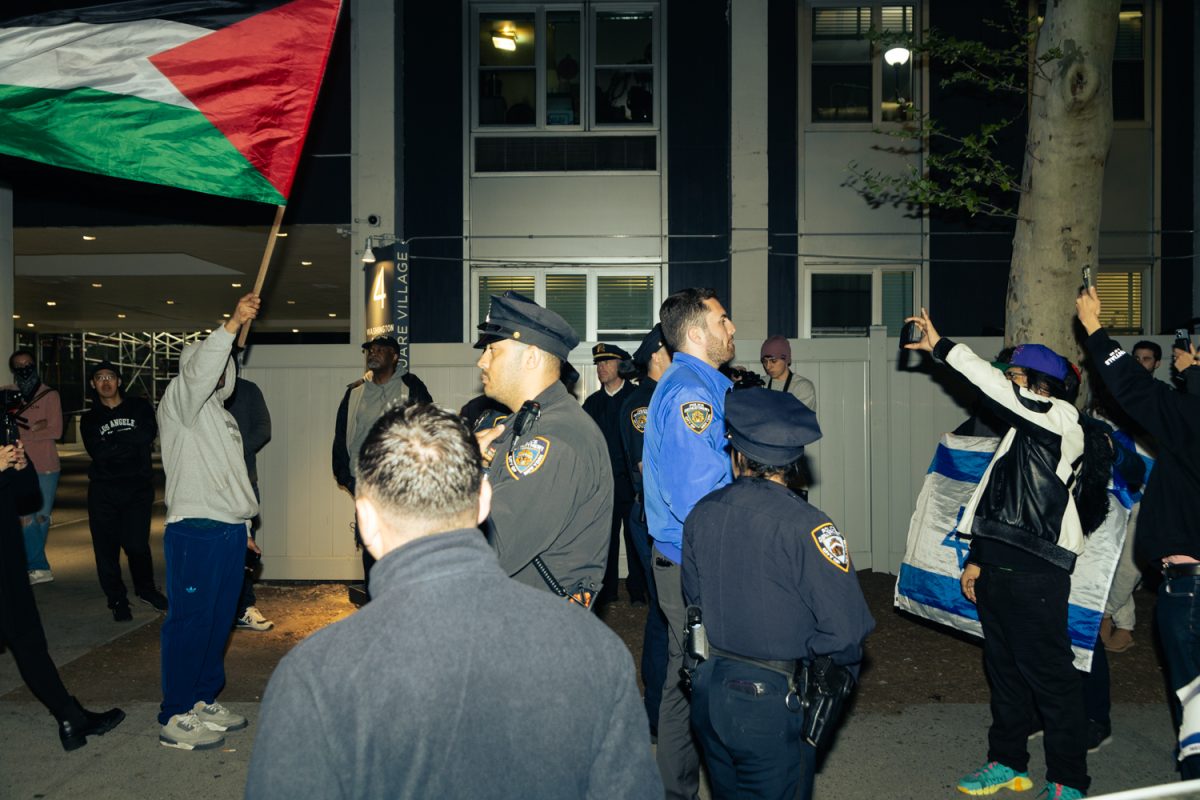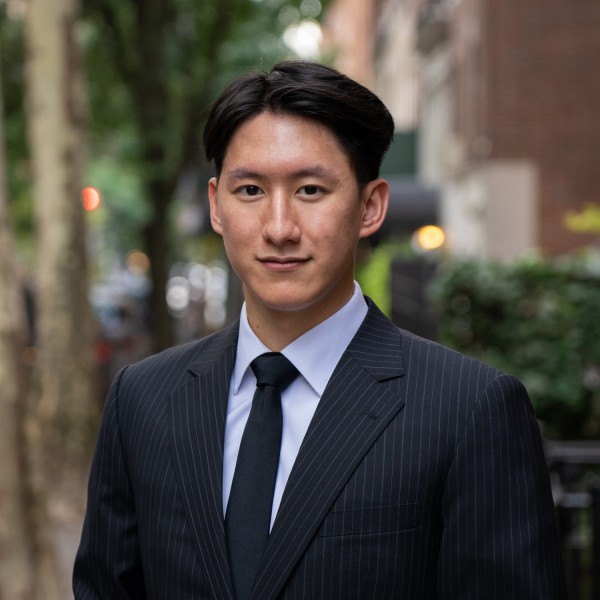NYU ranked at the bottom of an annual list evaluating students’ freedom of speech and expression across 251 college campuses in the country, earning a score of “abysmal,” only outranking Columbia University and Harvard University.
The report, compiled by the nonprofit Foundation for Individual Rights and Expression, assessed each college based on statistical analyses of student experiences and free speech-related policies. NYU was given a score of 3.33 out of 100, marking about a 30-point drop from last year’s rankings. In a Friday statement, FIRE noted that the university’s decline was due to its response to pro-Palestinian protests on campus toward the end of last semester.
The civil liberties nonprofit added that, if NYU does not respond to a letter from FIRE criticizing the administration’s crackdown on pro-Palestinian demonstrations by Sept. 20, it would file an accreditor complaint against NYU regarding its application of free speech standards.
“We strongly disagree with FIRE’s assessment,” university spokesperson John Beckman said in a statement to WSN.
In the letter, Graham Piro, a Faculty Legal Defense Fund fellow at FIRE, outlined the string of incidents that caused concern over NYU’s free speech policy, adding that the foundation would “welcome the opportunity to discuss these concerns.” FIRE also included letters to the university from October 2023, and January and February 2024, all of which addressed its handling of pro-Palestinian speech from NYU community members. The nonprofit also added a draft of its letter to the Middle States Commission on Higher Education, the organization that accredits NYU alongside hundreds of other universities.
Piro alleged that the university violated its ethics and integrity standards, which mandate that MSCHE affiliates demonstrate a “commitment to academic freedom, intellectual freedom, freedom of expression and respect for intellectual property rights.” It also recounted a series of incidents wherein the university had allegedly disciplined or suspended students and faculty for “protected political expression,” calling NYU’s sanctions to students arrested at the pro-Palestinian encampment in Gould Plaza “Orwellian.”
“The Commission has rightly intervened when other institutions have departed from the commitment to protect freedom of expression and its related freedoms,” Piro wrote in the letter FIRE intends to send to the accreditation committee on Sept. 20. “NYU’s refusal to bring its policies and conduct in line with Standard II — and its utter failure to respond to FIRE’s repeated, good-faith efforts to gain a resolution for those directly and adversely affected by that refusal — similarly merits the Commission’s attention.”
In a report detailing the rankings, FIRE criticized NYU for its poor performance on several campus behavioral metrics. It noted that NYU saw four “deplatforming attempts,” referencing instances where the university censored invited speakers, artists and performers — the only other school to meet that number was Harvard, which ranked last on FIRE’s overall list. The report also listed NYU as one of 14 campuses where three or more community members faced investigations, suspensions or terminations — what it referred to as “scholar sanctions.”
In last year’s FIRE report, NYU was listed as one of 14 campuses with two “scholar sanctions.” It ranked No. 224 out of 248 schools with a score of 32.26 that year, having ranked No. 62 out of 203 with a score of 51.64 the year prior.
For the most recent data set, students were surveyed on a range of topics, including their comfortability expressing opinions on controversial issues and how acceptable they found various methods of on-campus protest. FIRE also detailed that schools were penalized in the rankings for “successfully deplatforming a speaker” or authorizing a scholar, student or student groups to contribute to a “poor campus climate for free speech.”
In its most recent ranking, FIRE also commended the university for “making a public statement that strongly defends the first amendment.” The report cited an instance where two pro-Palestinian student groups protested — and voluntarily left — an NYU Law event featuring a pro-Israeli speaker. The law school’s dean released a statement defending both parties’ right to exercise free speech, clarifying that the protesters would have been subject to discipline had they not left “on their own accord.”
In an email to NYU, Piro detailed several accounts of disciplinary action and other university sanctions that he deemed violations of the university’s own free speech standards. He also criticized NYU’s updates to its student conduct guidelines, which now cite “code words, like ‘Zionist,’” as examples of potentially discriminatory speech. After NYU faced backlash for the updated policy, Beckman said that the university is not “seeking to ‘stifle’ speech” and that the updates will not change current policies. Last semester, dozens of students, faculty and alumni were arrested at encampments in Gould Plaza and outside the Paulson Center after the university authorized the New York City Police Department to sweep the demonstrations. Many of the arrested students were sanctioned a series of writing assignments that faculty members called “morally odious,” and two students were given a persona non grata status — with nine more suspended — for a demonstration in Bobst Library.
Contact Liyana Illyas at [email protected].

























































































































































